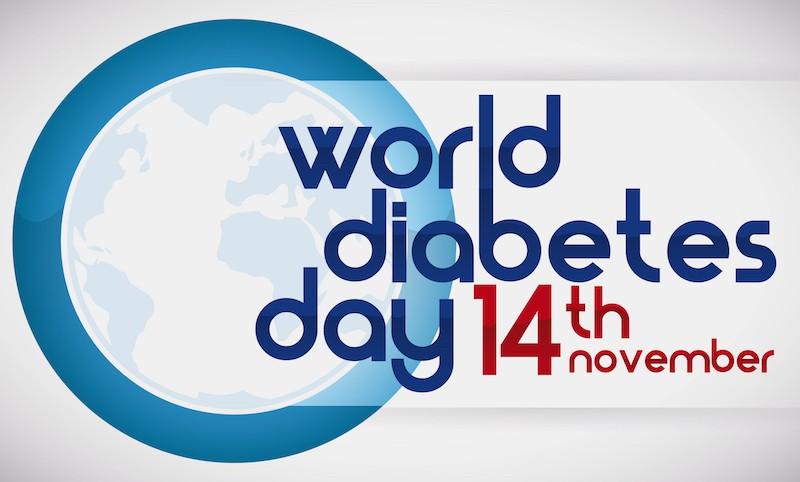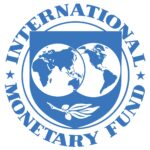As part of activities marking this year’s World Diabetes Day, the World Bank has urged the Federal Government to implement its proposed tax law on Sugar-Sweetened Beverages (SSBs).
Senior Health Specialist at the World Bank, Dr. Olumide Okunola, made the call on Tuesday in Abuja at a public lecture hosted by the National Action on Sugar Reduction (NASR) in partnership with the Federal Ministry of Health with the theme “Funding Diabetes Care through the implementation of health taxes”.
The World Bank official, said that this will curb consumption and address the harm associated with sugar consumption.
He said that diabetes is among the most prevalent non-communicable diseases (NCDs) in Nigeria and that the number of people living with diabetes is growing.
He said that the signalling effect of a SSBs tax can reduce consumption through greater awareness of the health effect.
“As it is proven that diabetes kills more adults in the country and also considering the fact that Nigeria is among the highest consumers of carbonate drinks, the Government has a responsibility to protect its citizens which can be achieved through taxation,” he said.
While decrying the zero benefits of SSB, Okunola called for increased public awareness on harmful effect of SSB consumption, and that tax introduction and implementation is simple to administer and should cut across all carbonated drinks.
Also, Mr Akinola Akiwumi, of the Research Hub Africa, presenting NASR research said that 58 percent of Nigerians insist that it important for government to take steps to reduce SSB consumption.
He said the population supported a tax increase on SSBs, if the money collected would be invested in public programmes to improve nutrition and health.
“Tax has the ability to effectively influence the purchasing decision of consumer before items are bought, 62 percent of Nigerians agree that a tax on soft drinks could help to lower the high costs of managing non-communicable diseases like diabetes,” he said.
Speaking on “Access to Diabetes Care”, the Dean Faculty of Clinical Sciences, University of Abuja, Prof. Felicia Anumah, said that the complications of diabetes are devastating and costly to individual, family, healthcare system and the country as a whole.
She said that type 2 diabetes that is prevalent in adults, is a complex disease that may not show any symptoms and can be silent until complications arise.
“The time bomb of diabetes has already exploded in Nigeria, People with diabetes need accessibility and affordability of supplies, we must check our blood sugar regularly. The cheap option that we have is prevention, Policy makers, NGOs and all Nigerians need to work together to prevent and reduce the impact of diabetes in Nigeria,” Anumah said.
Also quoting a report, the university don said about 537m adults worldwide are currently living with the disease out of which 24m are in Africa.
She said that despite the advanced treatment available for diabetes, the outcome is variable partly due to insufficient empowerment of persons suffering from diabetes.
She said, “Many people with diabetes in Nigeria have serious unmet needs in their diabetes care: education and empowerment, cost of medicines and blood sugar monitoring devices, screening for complications and treating complications.
“The cost of treating diabetes in one year without complications is about (N300-500,000 or $ 1000), and over (N1,500,000 or $3000) when complications develop, such as diabetic foot and much more with kidney failure. The presence of diabetes deepens poverty and hunger for the individual and the family.”

 Join Daily Trust WhatsApp Community For Quick Access To News and Happenings Around You.
Join Daily Trust WhatsApp Community For Quick Access To News and Happenings Around You.


